Team Stirling
Including partners and researchers, the ARCH Project team is multi-disciplinary and international. On this page you will find details of the research team at The University of Stirling and the Advisory Group that supports them.
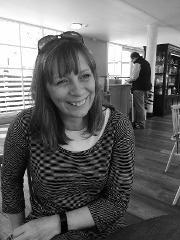
Principal Investigator – Professor Ruth Emond
Ruth is a part time social worker and play therapist in a small therapeutic service called Family Change in Perth, Scotland. In the other part of her week, she works at the University of Stirling teaching on the social work programmes. She has been part of a number of research projects learning from children, young people and adults with care experience in Scotland, Ireland and South East Asia.
On the ARCH Project: How we better capture, and treasure childhood experiences has been a real passion of mine. It has been such a privilege to work with amazing young people and adults with care experience as well as the fantastic partner organisations in Scotland and Germany in the development of this project. I can’t wait to see where it leads us!
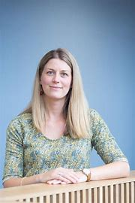
Co-Investigator – Dr Siân Lucas, Lecturer
Siân is a registered social worker and lecturer. She has research interests in perinatal support, migration, linguistic discrimination and social justice. She has worked on various research projects to explore dimensions of wellbeing and service delivery using creative, qualitative, visual and participatory research methods.
On the ARCH Project: I am so excited to work with care experienced people within an international multidisciplinary team. The ARCH project is ethically, technically and conceptually challenging and provides a unique opportunity to look backwards to examine records keeping practices and forward to think how we can create living archives and record group experiences in two countries. I’ve already gained new knowledge about archiving practices and I will be able to share key messages with social work students.
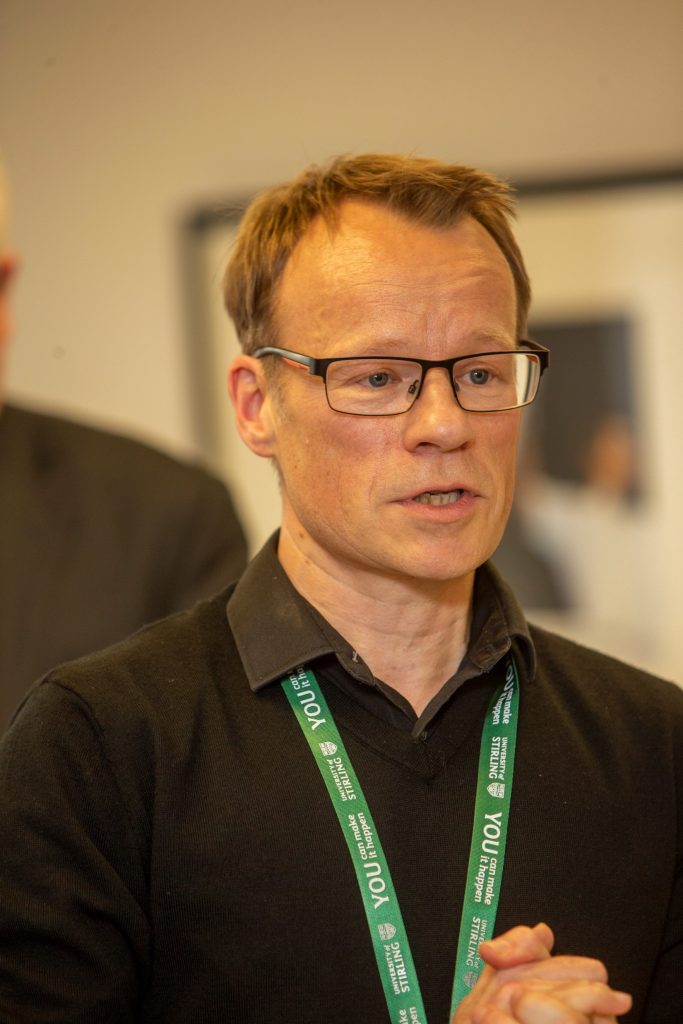
Co-Investigator – Karl Magee, University Archivist
Karl is a University Archivist, responsible for the care, preservation and use of the University of Stirling’s archive collections which cover a range of subjects including film, literature, politics, sport, health and medicine.
On the ARCH Project: As an archivist I’m excited to see the results of the comparative study of historical record-keeping practices in Germany and Scotland, and how our project teams can work together to produce new resources with practical applications in both countries.
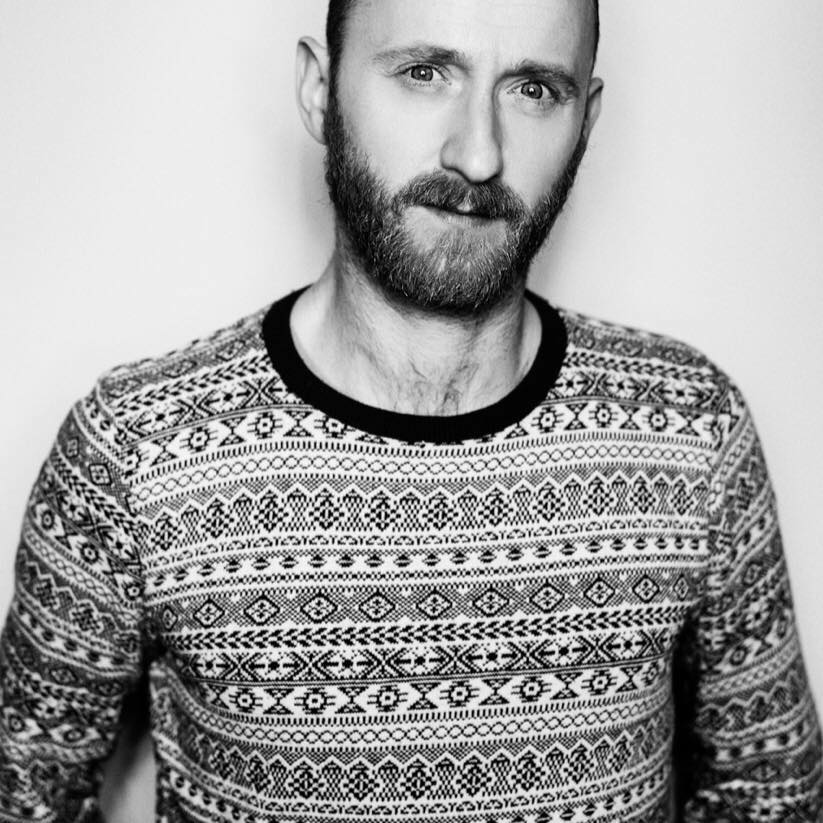
Dr Andrew Burns, Research Fellow
Andrew has a background of working in frontline drug and alcohol services in Glasgow. In recent years, he has undertaken ethnographic research into the lived experiences of homelessness (for his PhD) and been involved in research examining the educational and support needs of separated children. He has also undertaken an ethnographic investigation into everyday care in residential childcare to understand the impact of ‘therapeutic’ models of care in this sector, and to gain insight into the views of children and staff in terms of what makes a difference to children’s recovery.
On the Arch Project: There are many interesting aspects to the ARCH project; however, I am especially interested to find out about the ideas of young people and care experienced adults in terms of developing the living archive.
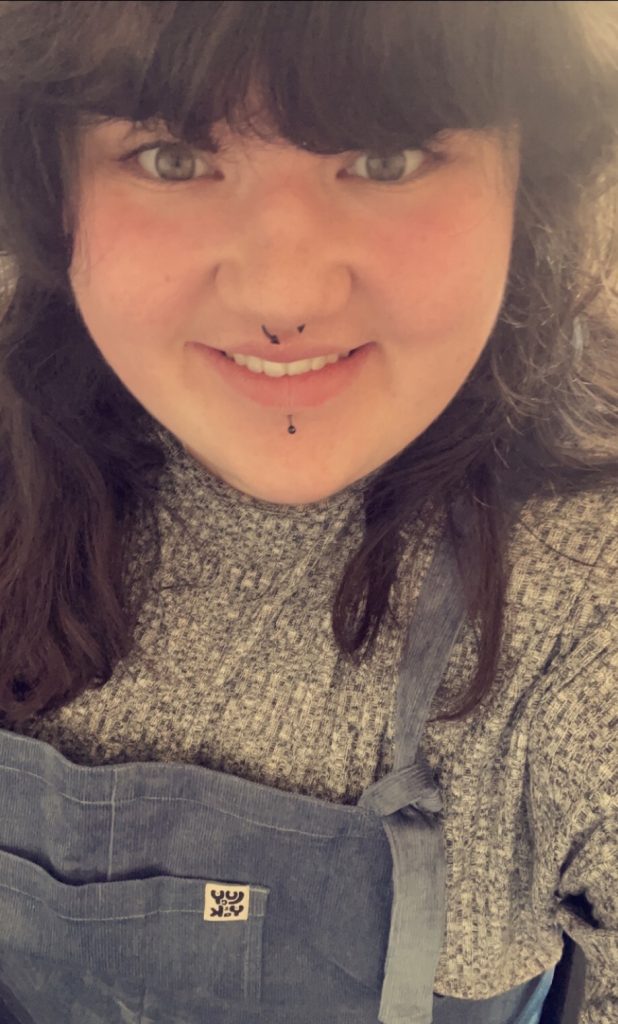
Skye Foster, Co-Researcher
Skye is a Promise Development Support Worker for Aberlour Childcare Trust. She has been working with them for several years. Skye also has care experience and want to use these experiences to better herself and her future.
On the ARCH Project: As someone with care experiences, it would be really interesting to be able to look back at my life like you would be able to in any ‘normal’ home environment – whatever normal is. I think it will also be interesting to compare the differences between archiving in Scotland and Germany.

Laura Reid, Research Fellow
Laura is a registered social worker and research fellow. She has research interests in child welfare and wellbeing, domestic abuse, and children’s rights to be involved in decision making processes.
On the Arch Project: I am looking forward to seeing where the study leads us within the context of children’s residential homes, but also what we can learn about archiving and memory making to improve other areas and processes which affect children and young people.
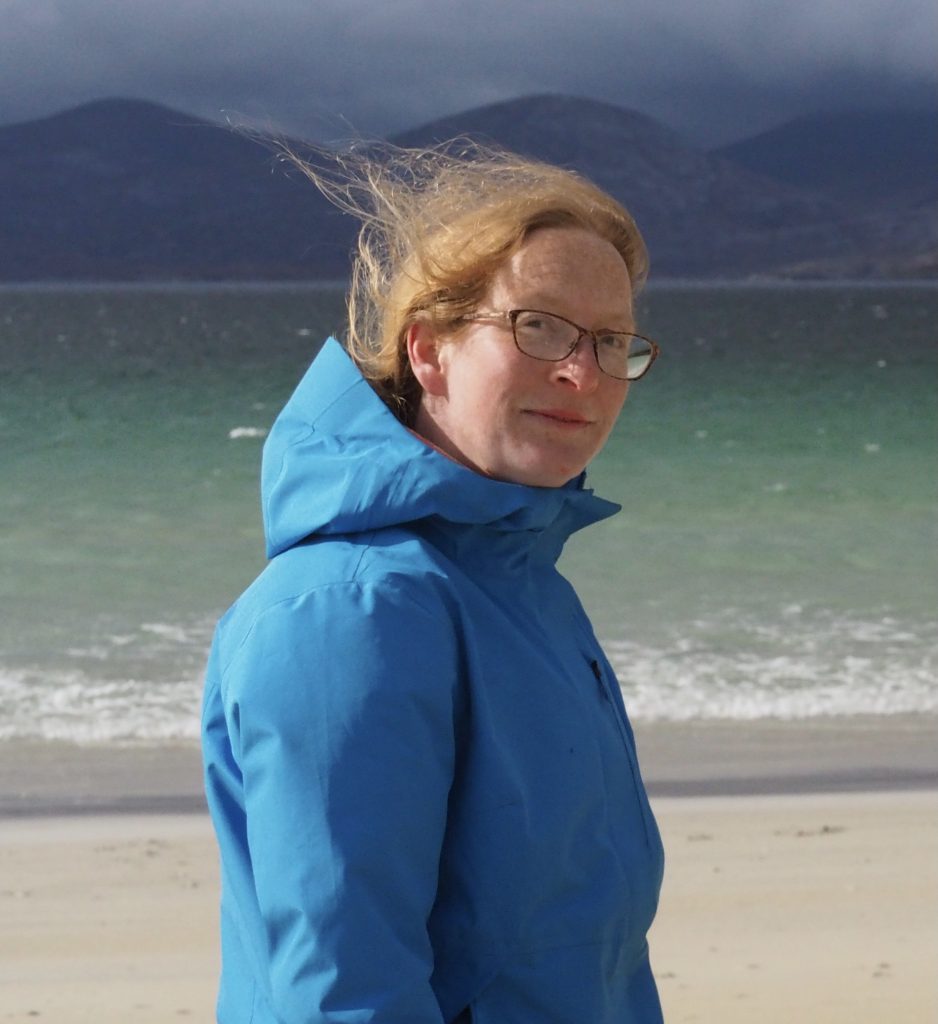
Previous Team Members
Dr Miriam Buncombe, Research Fellow
Miriam is a researcher with interests in how records are used and manipulated to collect and represent community experiences, and in approaches to social justice in recordkeeping. Recently qualifying as an archivist, she has explored ways of better acknowledging histories of enslavement within archival catalogues, and worked as a cataloguer with the Archive of European Intellectual Life.
On the ARCH Project: Looking back at the archival papers, I am interested to see how the picture of these communities that we can access through the archives has been influenced by different choices in making and keeping records. Building on the understanding of this historic recordkeeping, I hope it will be possible to develop a better understanding of how to positively integrate acts of recordkeeping as acts of care both for looked-after children and care-experience adults.
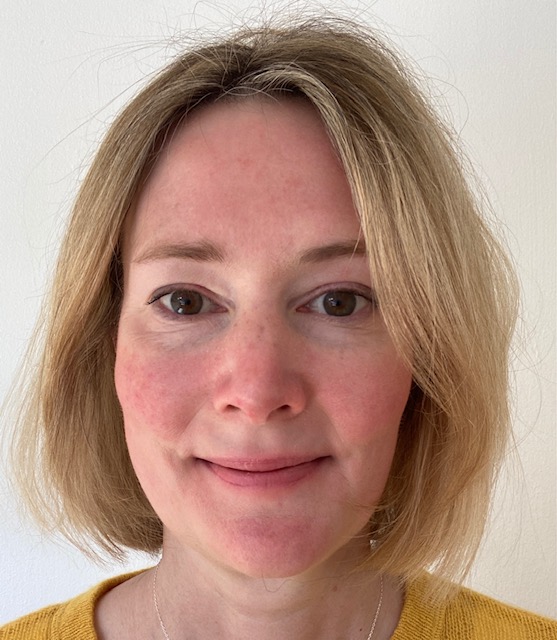
Jenny Duffy, Project Archivist
Jenny is a project archivist with a particular interest in 19th and 20th century justice and social care collections. She is responsible for selecting and cataloguing records from the Aberlour Child Care Trust archive in preparation for further analysis.
On the Arch Project: I am interested to see what the archives in Scotland and Germany can reveal about the history of residential child care and how the surviving records reflect the changes in practice over time.
Advisory Group
The ARCH Project benefits from the expertise and guidance of advisory groups – one for the Scottish team and one for the German team. These groups were established to help develop the initial proposal for the research and they continue to meet to review progress and guide the research team as they navigate their way through this complex project. Advisory group members come from diverse backgrounds and bring a wealth of knowledge and experiences that help to shape the project. The advisory group for the Scottish Team are:
Mervyn Miller
Mervyn has extensive personal experience of accessing care records and of life in residential care during some of the time covered in the historical archive period. He helps the Scottish ARCH team with understanding what it was like for children then and also what it is like as an adult to try to find out about family.
Hugh Hagan
Dr Hugh Hagan leads on Public Records Act Implementation for Records and Archives Engagement Branch (RAEB) at the National Records of Scotland. RAEB is responsible for fulfilling the Keeper of the Records of Scotland’s obligations under the Public Records (Scotland) Act 2011 (PRSA). Hugh was a member of the team that guided the Act through the Scottish Parliament. The Act had its beginnings in the Historic Abuse Systemic Review: Residential Schools and Children’s Homes in Scotland 1950-1995 published in 2007. He manages the PRSA assessment team, promotes the Act across the Scottish public sector and further afield and liaises closely with stakeholders to advise on compliance. He had an illustrious career as a Clydeside shipyard worker before finding his true vocation in archives!
Martha Holden
Martha J. Holden is a Senior Extension Associate with the Bronfenbrenner Center for Translational Research and the Principal Investigator and Director of the Residential Child Care Project at Cornell University. Ms Holden is the author of the book, Children and Residential Experiences (CARE): Creating Conditions for Change, an evidence-based program model for child serving organizations. She is the lead developer of the Therapeutic Crisis Intervention System (TCI) in use in children’s residential organizations since 1980, redeveloped for foster and adoptive parents in 1996, and redeveloped for schools in 2012. Ms. Holden provides technical assistance to implement CARE and the TCI System to schools, residential and child serving agencies, juvenile justice programs and child welfare organizations throughout the United States, Canada, the United Kingdom, Ireland, Australia, and Israel.
Rhona Hunter
Rhona qualified as a social worker over 30 years ago and has worked in both the statutory and voluntary sectors, although her heart is with the voluntary sector. Her current post is with an organisation called Birthlink where she is the Service Manager. Birthlink has a small team that does two distinct pieces of work. One they offer support to people affected by adoption and hold the Adoption Contact Register for Scotland. Their aim is to connect adopted people to their birth family; they also have 5 volunteer searchers who can search our national records to try and locate people. They offer support, mediation and help people with reunions. Their other work is part of the Future Pathways collaborative that supports people who have experienced abuse or neglect in care. Birthlink can locate people’s records, help people make sense of those records and again can search for absent family members. They also offer support, mediation and help with reunions. As an organisation Birthlink can, through their work, see how important good record keeping is and unfortunately the people they work with do not always have a good experience of how those records are kept or presented. Their interest in this research is to have a much improved way of doing this for future generations.
Claire Johnson
Claire is employed by Aberlour to apply information governance measures to their information resources as well as to oversee the relocation of their historical records to the University of Stirling. Her role is to liaise with the record creators, strategic leaders, as well as support functions and she is part of the Quality and Safeguarding team. Claire is a qualified archivist with extensive experience in the education and social care sectors.